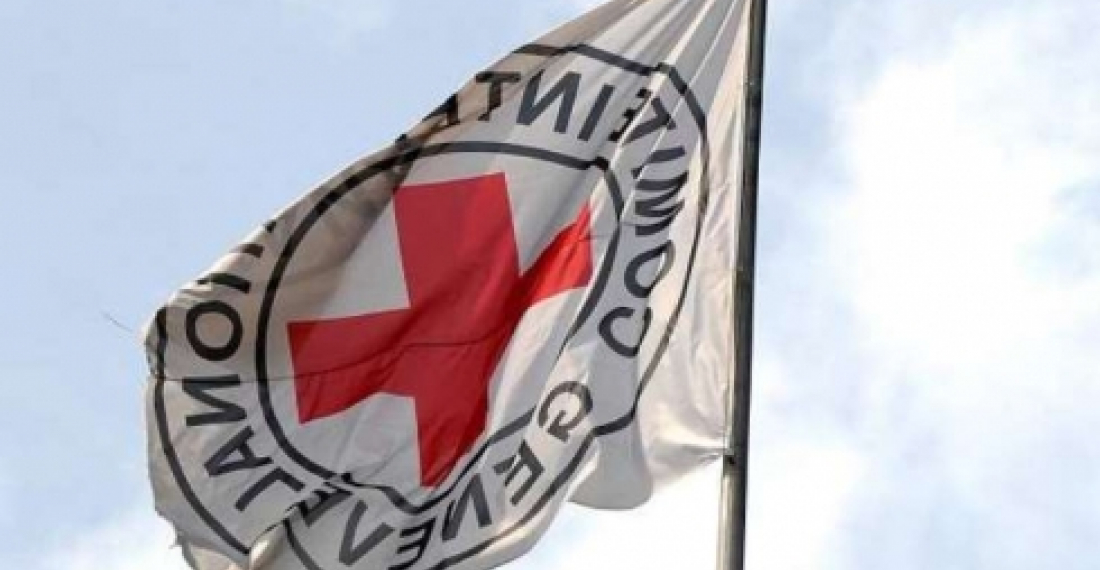Azerbaijan has threathened to expel the representation of the International Committee of the Red Cross from the country unless the international body gets access to two Azerbaijanis who have been captured by Armenian forces in the Nagorno-Karabakh conflict zone in the last days
Deputy Prime Minister and Chairman of the State Committee for Work with Refugees and IDPs, Ali Hasanov said that he has given a warning to this effect to the Head of the ICRC Delegation in Baku. According to the Azerbaijani News Agency, APA, "Hasanov noted that the failure to arrange a meeting with those who have been taken hostages in Kalbajar region after a week casts some doubt on the activity of ICRC".
The news agency further quoted the Azerbaijani Deputy Prime Minister as saying, "Which Armenian hostage has been tortured in Azerbaijani? Why does ICRC immediately apply to Azerbaijani side for meeting when any Armenian is taken hostage? Why Armenian side does not act so? Therefore, I seriously warned the ICRC Azerbaijani representation that if we do not achieve it, serious measures will be taken toward the ICRC representation, even up to banishing from the country... They should take necessary measures".
Commonspace.eu political editor said in a comment that "such a public rebuke of the Red Cross is very rare, not only in the Caucasus, but world-wide. The ICRC is one of the world's most respected international organisations and its work is valued by governments world-wide. The ICRC works through quiet diplomacy across the conflict divide in many situations and in its history over decades has helped millions of prisoners. This is not the first time that it has been caught in controversy because by its very nature its work is complex and often controversial. However this position of the Azerbaijani government has taken many in the international community by surprise. Access to prisoners depends on the country or authority holding the prisoner, and the Red Cross can do very little if such access is not immediately forthcoming. It has, in some situations, taken the ICRC months to get access to prisoners in some conflict situations. The ICRC is one of the few international organisations that works across the conflict divide in the Nagorno-Karabakh conflict, including in Nagorno-Karabakh. Its expulsion from Azerbaijan would therefore be a serious blow to international engagement with the process."
For more on the incidents in Kalbajar read:
Armenia says it will not treat captives as prisoners of war.
Kasprzyk in Stepanaker as mystery of "Azerbaijani terrorists" deepens.
source: commonspace.eu







